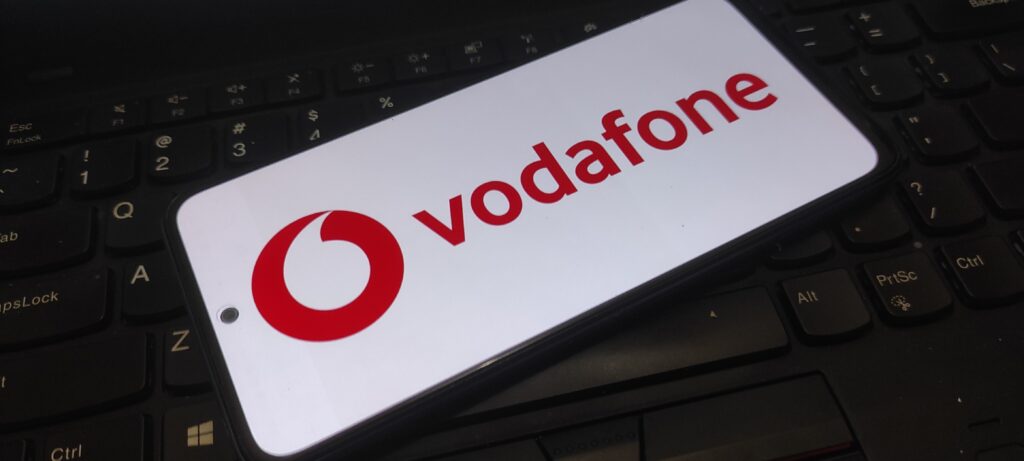Vodafone franchisees raised concerns about the “massive impact” commission cuts were having on their mental health four years before 62 small business owners launched a £120m high court case against the telecoms group.
The claimants, representing nearly 40% of Vodafone’s total franchise network, allege the company “unjustly enriched” itself by slashing commissions to store operators, leaving many in financial and emotional crisis.
A 2020 survey, carried out shortly after Vodafone reduced fees in the wake of pandemic disruption, revealed widespread dissatisfaction and distrust. Franchisees rated their trust in Vodafone at just 1.75 out of five, and their sense of being valued even lower, at 1.67.
The wellbeing section of the survey drew 78 responses, most of which described severe stress, anxiety, and depression linked to the cuts. One franchisee reported: “My mental health has become very poor as I am suffering from anxiety and spells of depression.” Another said: “I think it’s disgraceful that I feel the constant threat of losing my savings, home and livelihood.”
Franchisees told of panic attacks, insomnia, and family strain, echoing claims made since the high court case began in December. Some former operators have said the pressure drove them to suicidal thoughts, while many were left fearing the loss of homes and savings after accruing debts of more than £100,000.
MPs have likened aspects of the dispute to the Post Office Horizon IT scandal. Vodafone has launched its fourth investigation into historic conduct within its franchising division but has denied wrongdoing.
A Vodafone spokesperson said: “We are sorry to any franchisee who has had a difficult experience… We continue to run a successful franchise operation, and many of our existing franchisees have expanded their business with us by taking on additional stores.”
The company maintains it “strongly refutes” the allegations in the £120m claim, describing the case as a “commercial dispute” it will defend in court.

